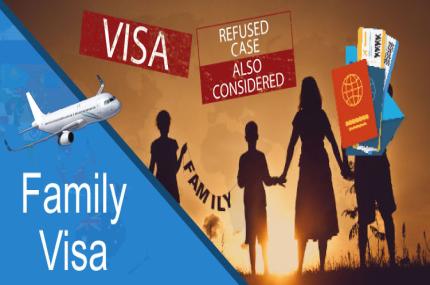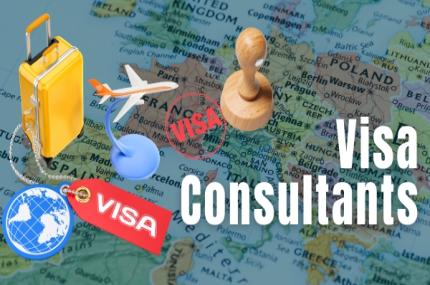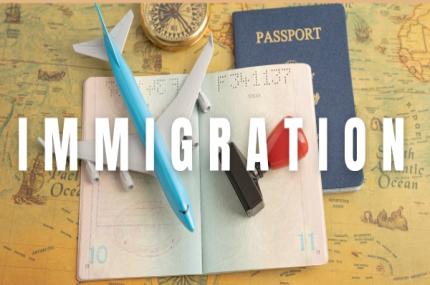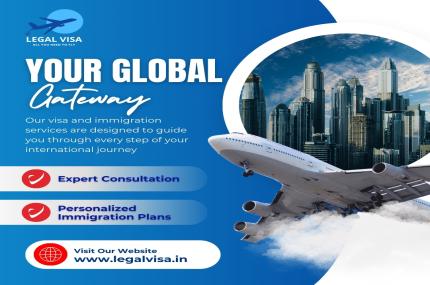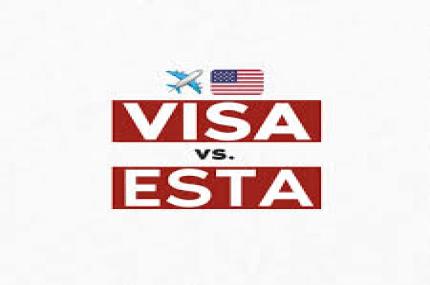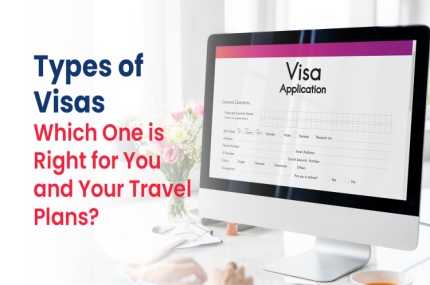Blog Detail
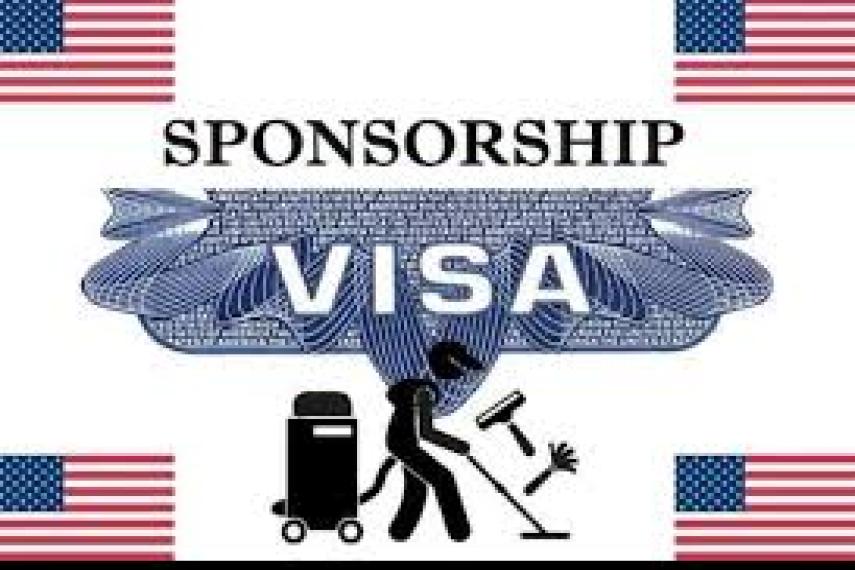
What You Need to Know About Visa Sponsorship
If you’re planning to work, study, or immigrate to another country, one of the key components of your visa application may involve visa sponsorship. But what exactly does visa sponsorship mean, and how can it impact your chances of securing a visa? Whether you are applying for a work visa, a student visa, or a family-based visa, understanding the visa sponsorship process is essential.
At LegalVisa.in, we specialize in guiding individuals through the complex world of visa applications. In this blog, we’ll break down the concept of visa sponsorship, explain who can sponsor you, and offer insights into how the sponsorship process works.
What is Visa Sponsorship?
Visa sponsorship refers to the process in which a person or organization (usually an employer, family member, or educational institution) agrees to take responsibility for you during your time in a foreign country. The sponsor typically provides a guarantee that you will comply with the terms and conditions of your visa.
For example, in the case of a work visa, an employer may act as your sponsor by offering you a job, thereby allowing you to apply for a work visa to live and work in the country. Similarly, if you're applying for a student visa, your university or educational institution could sponsor you.
In most cases, the sponsor has a legal responsibility to ensure you follow the regulations of your visa and may need to provide financial support or act as a guarantor for your stay.
Who Can Be a Visa Sponsor?
Depending on the type of visa you're applying for, there are different entities or individuals who can act as your sponsor:
1. Employer Sponsorship (Work Visas)
For individuals seeking to work in a foreign country, employers often provide visa sponsorship. Companies or businesses that are authorized to sponsor foreign workers will submit an application to the government on your behalf.
Common examples of work visas that require employer sponsorship include:
- H-1B Visa (U.S.): A visa for specialty workers in fields like IT, engineering, and medicine.
- Tier 2 Visa (UK): A visa for skilled workers with a job offer from a licensed sponsor.
- 482 Visa (Australia): A visa for skilled workers sponsored by an Australian employer.
Your employer will typically need to prove that they couldn't find a suitable candidate locally and that you're qualified for the role.
2. Family Sponsorship (Family Visas)
If you're applying for a family-based visa, a close family member, such as a spouse, parent, or adult child, may be able to sponsor you.
Common examples include:
- U.S. Family Sponsorship: A U.S. citizen or permanent resident can sponsor their immediate family members (spouse, children, parents, siblings).
- UK Family Visas: You can apply for a family visa if you are a partner, parent, or child of a British citizen or someone with settled status in the UK.
In this case, the sponsor must demonstrate their ability to financially support you and ensure you will not become a burden on public funds.
3. Educational Institution Sponsorship (Student Visas)
For students seeking to study abroad, an educational institution may serve as your sponsor. This sponsorship often involves providing proof of enrollment in a recognized program at a university or college.
Examples of student visas that require institutional sponsorship include:
- F-1 Visa (U.S.): A student visa that allows you to study in the U.S.
- Tier 4 Visa (UK): A student visa for individuals accepted into a recognized educational institution in the UK.
- Student Visa (Australia): For international students enrolled in an accredited educational institution in Australia.
Your educational institution will typically have to issue a Certificate of Sponsorship (COS) or similar document to support your application.
4. Government or Non-Profit Sponsorship (Special Programs)
In some cases, visa sponsorship can also come from a government agency or nonprofit organization. These sponsorships are often part of programs designed to encourage talent exchange, research, or humanitarian work.
The Role of the Sponsor
The sponsor plays an important role throughout your stay in the country. They are responsible for ensuring you comply with the terms of your visa and, in some cases, providing financial backing. The responsibilities of a sponsor can include:
Proof of Financial Support: For many types of visas (e.g., student visas, dependent visas), the sponsor may need to provide evidence that they can financially support you during your stay. This could include providing documents like bank statements, salary slips, or affidavits of support.
Employment Verification: If you’re sponsored by an employer, they may need to submit proof that you are still employed with them during your visa term and that you are performing the duties specified in your visa application.
Monitoring Compliance: Sponsors, especially employers, may be required to report any significant changes in your status, such as if you lose your job or change your immigration status.
Visa Sponsorship Process: A Step-by-Step Overview
Here’s a simplified version of the general visa sponsorship process:
Find a Sponsor: This could be an employer, family member, educational institution, or government agency.
Sponsor Submits Application: The sponsor typically submits the required forms to the immigration authority (such as a petition, application, or affidavit of support).
Visa Application: You will then submit your visa application to the relevant embassy or consulate, providing all necessary documents, including proof of sponsorship.
Interview and Documentation: Some visa applications require an interview at the embassy or consulate. During this interview, you may need to present additional documents or answer questions about your sponsor.
Visa Approval: If your visa application is successful, you will receive a visa approval and can travel to your destination country.
Challenges of Visa Sponsorship
While visa sponsorship is a key element for many immigration processes, there are challenges to be aware of:
Approval Process: Visa sponsorship applications can be lengthy and involve extensive documentation. Some countries also have a limited number of sponsorships available.
Financial Support: Sponsors must demonstrate they can provide sufficient financial support for you, which can be a challenge if they are unable to meet the required income thresholds.
Compliance Issues: Sponsors are legally responsible for your compliance with the terms of your visa. If you violate the terms (e.g., by overstaying your visa), it can also impact your sponsor.
Conclusion
Visa sponsorship is an essential aspect of the immigration process for many individuals seeking to work, study, or join family members in another country. Whether you’re an employer, a student, or someone joining family members, understanding the visa sponsorship process is crucial for a smooth and successful application.
At LegalVisa.in, we specialize in helping individuals navigate the complexities of visa sponsorship and immigration processes. Whether you’re looking for work visa sponsorship, family sponsorship, or student visa assistance, our expert team is here to guide you every step of the way.


